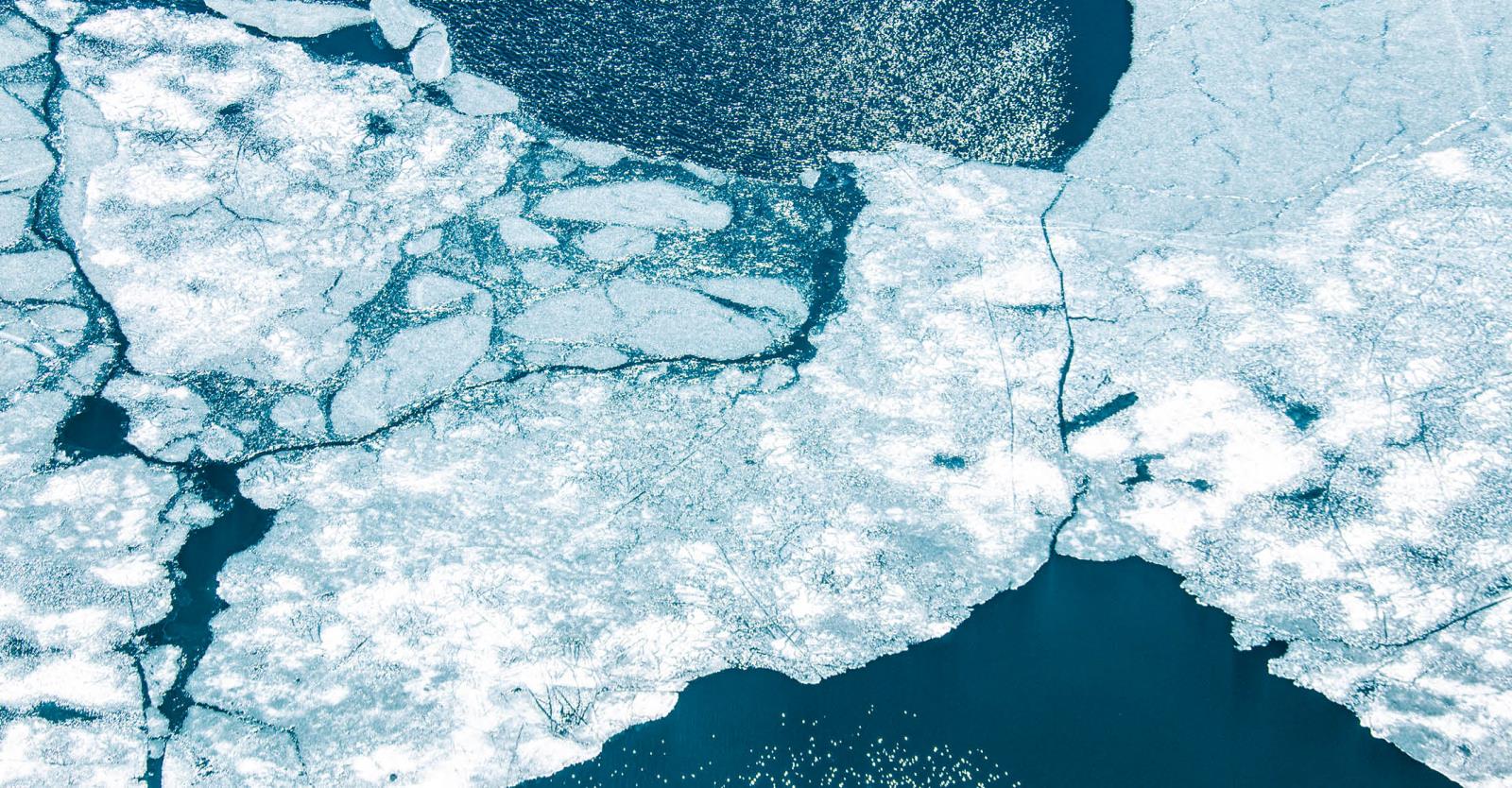
Rising Temperatures and Intensifying Disasters
According to the report, 2023 was a year of record-breaking temperatures, with more than half of the world's population across 111 countries enduring their hottest year on record. A total of 34 nations set new maximum temperature records, underscoring the rapid pace of global warming. The report also found that the average air temperature over land had risen by 1.2°C (2°F) above the 1995-2005 baseline, marking an alarming acceleration of climate change impacts.
These rising temperatures, primarily driven by fossil fuel emissions, have intensified the hydrological cycle, leading to stronger monsoons, cyclones, and storm systems. The report points to scientific studies linking climate change to the increased frequency and severity of these extreme weather events. For example, drought conditions in Southern Africa and catastrophic monsoon floods in West Africa were both found to have been worsened by global warming.
Extreme Rainfall and Dry Spells on the Rise
The Global Water Monitor Report highlights how climate change is amplifying both wet and dry extremes. While some regions are experiencing severe droughts and water shortages, others are seeing unprecedented levels of rainfall. This pattern has been particularly evident in monsoon-prone areas, where storms have become more intense and destructive due to higher temperatures that increase atmospheric moisture.
Researchers noted that the rapid warming of the planet is shifting traditional weather patterns, causing regions that once had predictable seasonal rainfall to now experience erratic precipitation, either in excessive bursts leading to floods or in prolonged dry spells resulting in droughts.
Outlook for 2025: More Heatwaves, Fires, and Storms
Looking ahead, the report warns that climate change will continue to drive global temperatures higher in 2025, leading to even more extreme weather conditions. The anticipated rise in global temperatures is expected to exacerbate heatwaves, increase the risk of wildfires, and contribute to stronger storms and heavier rainfall events.
Scientists stress that without immediate and aggressive action to reduce greenhouse gas emissions, these trends will only worsen. The report serves as a stark reminder of the urgent need for climate policies that mitigate the impact of global warming, particularly in vulnerable regions already facing water-related disasters.
As climate change accelerates, experts warn that governments and communities must invest in adaptation strategies, such as improved water management, sustainable agriculture, and disaster preparedness, to cope with the intensifying impacts on the global water cycle.